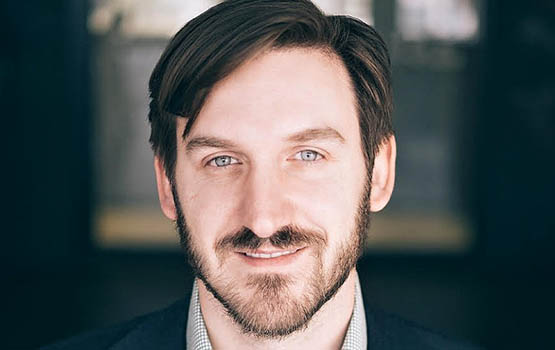Last September, we ran our first Research Commercialisation Research Commercialisation Open Programme. It is built on years of experience helping universities (in places as far-flung as Colombia, Poland and Kazakhstan) learn about commercialising outcomes of their scientific research work.
The programme brings an international group of tech transfer professionals together, here in Cambridge, to learn about licensing, spinning out new ventures and the delivery of consultancy. As we accept applications for the 2018 Research Commercialisation Open Programme, we decided to share the observations of one of the participants in the 2017 Programme, Dr Jiří Navrátil, director of Science Technologies at Direct People in Prague.
The University of Cambridge has a very strong position in the world. It boasts 98 (!) Nobel Prize affiliates and has a long history of successfully commercialising research. To aid commercialisation, the University established a separate and very successful company, Cambridge Enterprise Limited in 2007. In September 2017 I had the chance to attend Cambridge Enterprise’s Research Commercialisation Open Programme. I would like to share with you several insights.
The one-week course was attended by 15 people from around the world. All the subjects included in the programme were interesting. In addition to the success of the Cambridge phenomenon, the course included sessions on how to create a strong business model, how to license ideas, when it is better to cooperate on a licensing basis and when it is better to start a business and how to raise funding. Simply put, the programme covered how to get research from the lab to people in the most effective way and in a way that benefits the scientist, the university, the investor and society as a whole.
For the successful commercialisation of research, a technology transfer office can be absolutely key to setting the right expectations, on the part of the researcher and the university and also on the part of the third party, whether it is an investor or a company. It is important to ensure that none of the three sides is damaged during negotiations.
When putting ideas into a commercial sphere, it is important to make sure that the ideas are high quality and neither time nor money is wasted. I found the course offered us an opportunity to explore how to validate inventions and commercial opportunities and to mitigate risk of failure.
While nearly 60 people work at Cambridge Enterprise, there are many offices in the world where there are only a couple of people working on technology transfer. Attending the course gave me with the opportunity to meet, and compare notes with, other people from around the world in similar sized offices and to network with the staff at Cambridge Enterprise.
During the week the group shared experiences not just in the classroom but also during our downtime when we had the opportunity to explore the wonderful medieval city of Cambridge.











